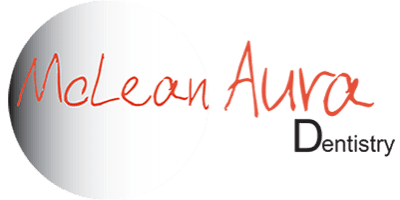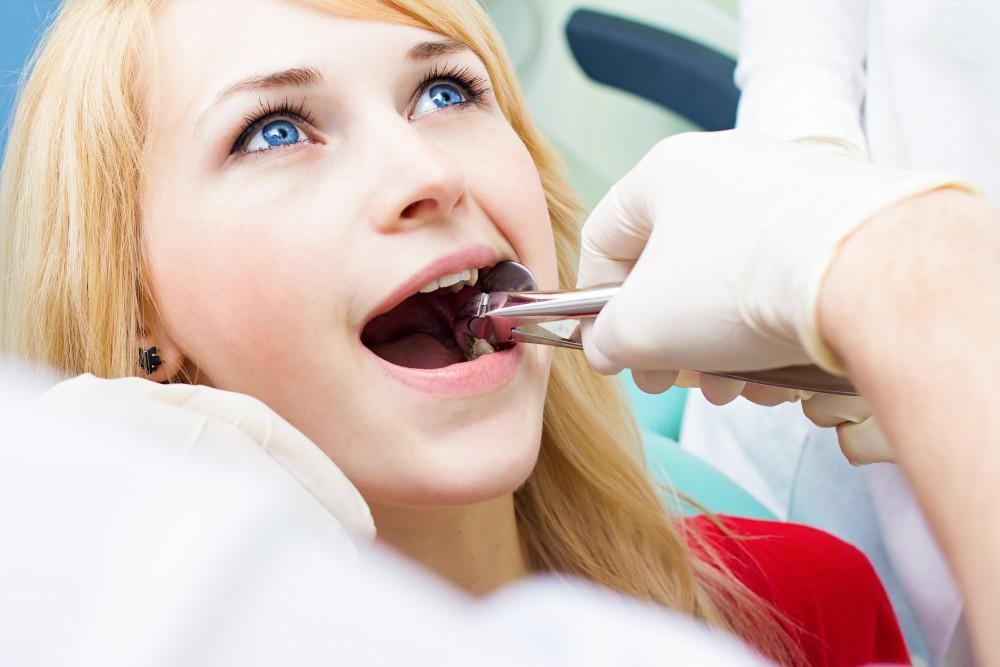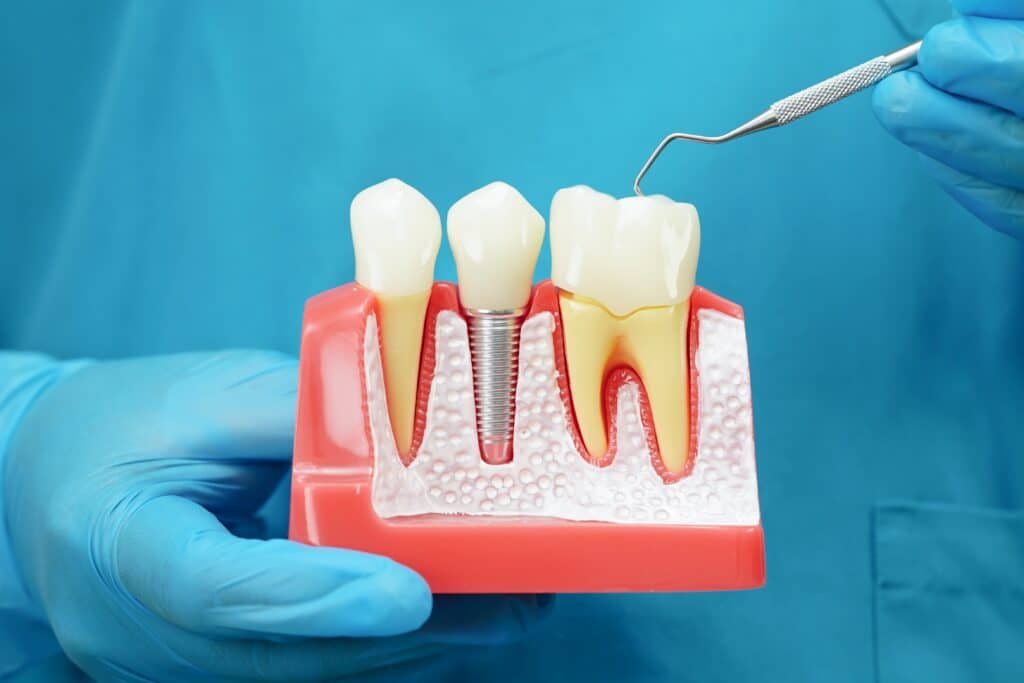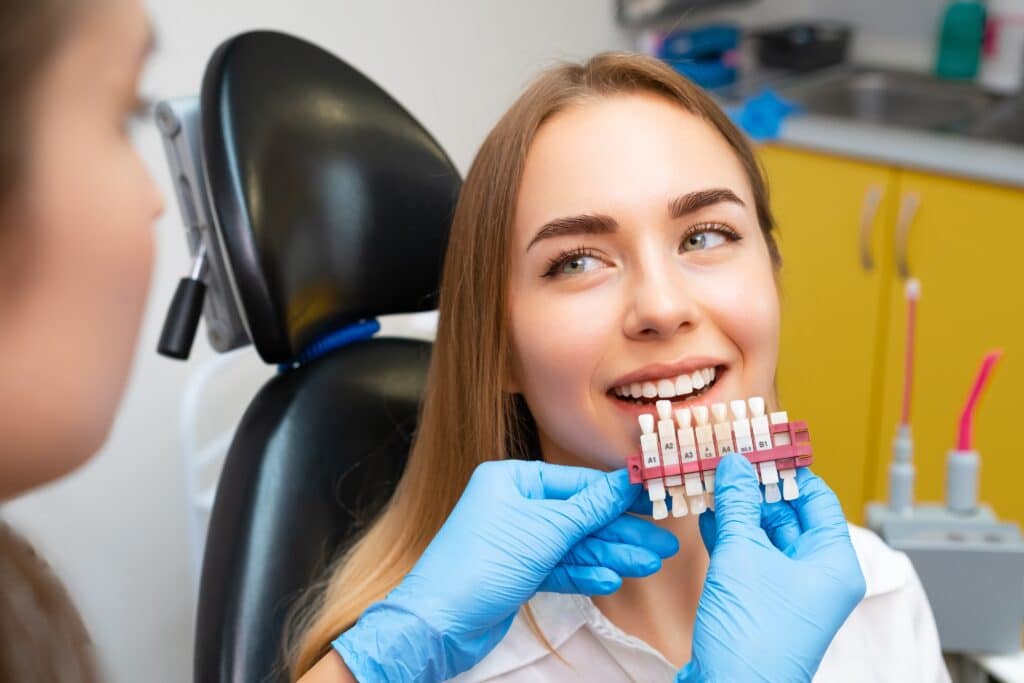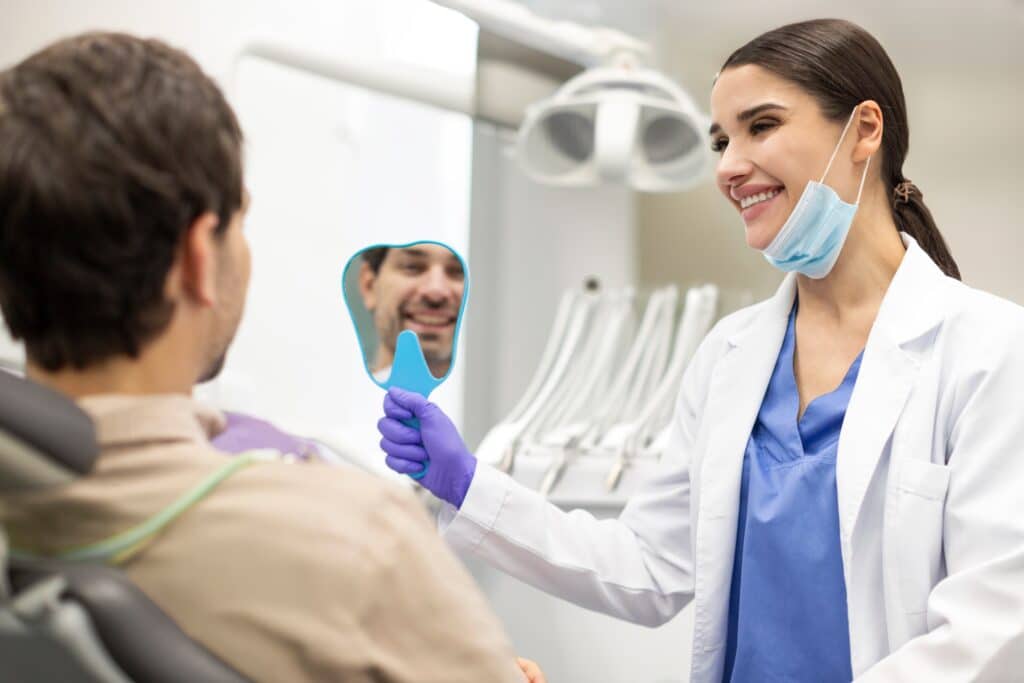Did you know that approximately 40 million people in the United States are missing all of their teeth, which includes 30% of people between the ages of 65 and 74? If you find yourself among these numbers, like millions before you, you’re looking for the best tooth replacement option.
At McLean Aura Dentistry, Dr. Negar Tehrani offers a fantastic treatment concept called the All-on-4®. Using implants to support your dentures, we can deliver several benefits you wouldn’t get with traditional dentures.
To illustrate this point, here are three of the most popular benefits of the All-on-4 tooth replacement solution.
1. Superior stability
The All-on-4 arches offer superior stability because they’re anchored to four dental implants, which are metal posts that we place into your jawbone. Once in place, the bone in your jaw grows up and around the implants, fusing them into place and giving you new “roots” for your replacement teeth.
Each year in the US, dentists place about 5 million implants, and a fair share of these implants are used to secure dentures.
So, instead of relying on messy adhesives or suction to secure your dentures, they are fastened to the dental implants. This means there’s no slipping, and you can chew and talk with more confidence.
2. No bone grafts needed
When you lose a tooth, the bone in the area begins to deteriorate rapidly. As a result, there might not be enough to secure an implant, forcing us first to strengthen the area through bone grafting.
With the All-on-4 treatment, we don’t have to add this extra, time-consuming bone grafting procedure because we have more flexibility in the placement and locate areas of your jaw that have enough bone to support the four implants. We can also angle the implants to support a full arch.
As a bonus, we can also combine any extraction procedure you might need with the All-on-4 system, as we can place the implants at the same time as we remove any teeth.
Please note that if you have significant bone loss in your jaws and/or your gums aren’t healthy, the All-on-4 approach may not be a viable option.
3. Easy to maintain
Since we’re snapping your dentures onto four implants in each arch, you don’t need to remove them for daily cleaning. You simply clean your prosthetic teeth while they’re in place, just as you did your natural teeth, saving you considerable time and effort. Not to mention, there’s less opportunity for breakage or damage to your dentures since they stay secured inside your mouth at all times.
Even though these are prosthetic teeth, you should still come to see us regularly for dental exams so that we can check the health of your gums and ensure that your new teeth are functioning well.
If you’d like to explore whether you’re a good candidate for All-on-4 dentures, feel free to contact our office in McLean, Virginia, to set up a consultation.
